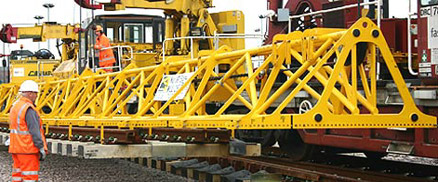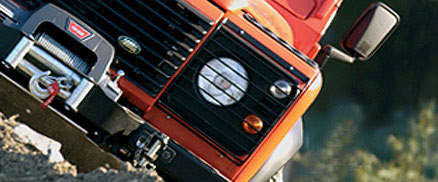Hydraulic Jacks are used in railway maintenance for lifting rail carriages and rails. Hydraulic Jacks need to be checked and tested regularly to ensure that they adhere to all safety conditions and are working to the best of their ability. If you use hydraulic jacks in rail maintenance you need to ensure that they are tested and inspected and that all results are officially recorded.
Inspection
During inspection the jack is inspected for any physical damage such as missing, broken or fractured parts and also for any oil leaks.
If the external appearance of the jack appears to be damaged then it is stripped down and carefully examined internally.
The lifting and lowering mechanism is checked and the hydraulic oil level is measured. If there is a problem that can be fixed repairs are carried out and the jack is then re checked.
Testing
Hydraulic Jacks need to be regularly and rigorously tested. During the testing process the jack is operated to its full extension and receives 25% more pressure than what is considered a safe working load.
This load is maintained for 15 minutes, after which time the release valve is activated and the jack is lowered and carefully inspected again.
This process is then repeated at half extension. If an overload valve is fitted this is then reset at between 5% and 10% over the safe working load and the jack re-tested at its safe working load as outlined above.
A load of 1% of the Jacks safe working load is then applied to ensure the jack fully retracts from its maximum to minimum height within an acceptable time frame.
When working within the railway industry safety is of the upmost importance. Hydraulic Jacks and other maintenance equipment should be very carefully checked under agreed conditions on a regular basis.
Those carrying out safety checks should be well trained and fully qualified and all results should be carefully recorded to ensure that there is a clear record of any safety issues which may arise during checking.
Hydraulic Jacks are an important part of railway maintenance and ensuring that all hydraulic jacks used meet safety requirements is an essential part of maintaining safe railways.


